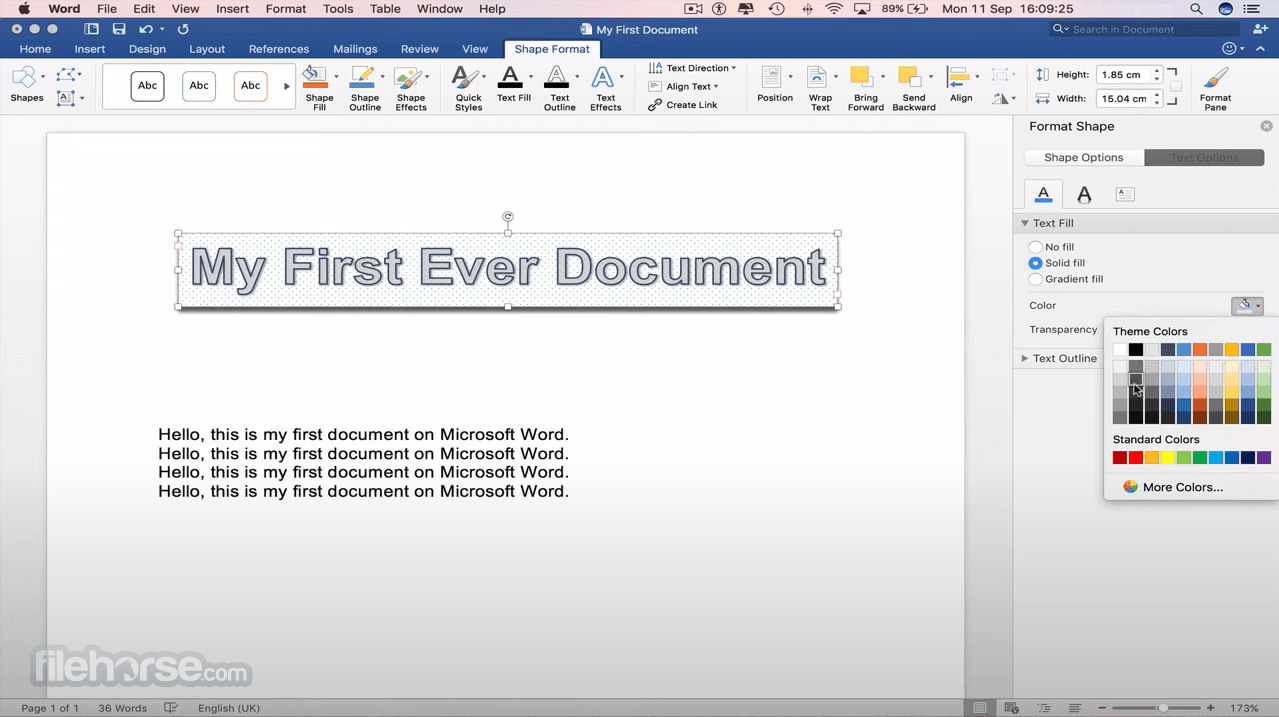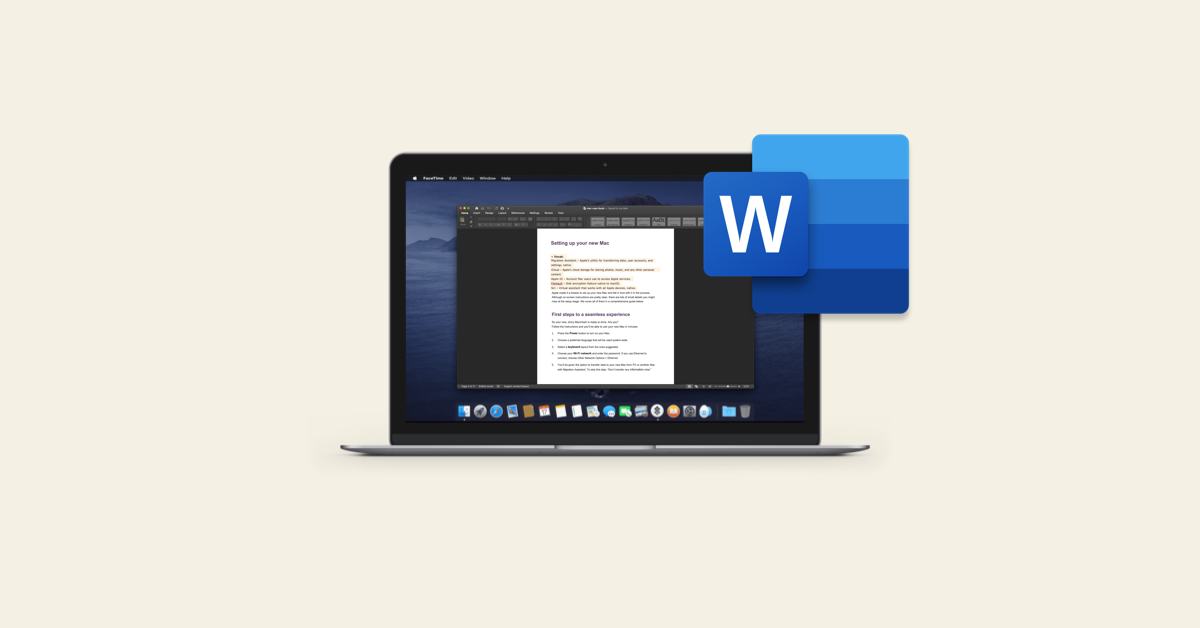
Subheadings under Heading 1 (H1) of the same importance should be Heading 2 (H2). Otherwise, the main heading of the document should be Heading 1. The title and subtitle styles should only be used for a document with a title page. All of the pre-set styles are listed in the Styles section.Structuring content, by properly labeling things such as headings and lists, helps ensure that assistive technology can better navigate the document. The new style set will appear in the Custom section in the Style Set drop-down menuīack to top Structuring Content with Font and Paragraph Styles.


Style sets with straight-forward fonts, ample white space, and high contrast between text and background are best.Īttributes that can be modified within the style set include line spacing, default font size, paragraph indentation, bullet/numbering structure, etc. Keep in mind that pre-existing style sets are not necessarily 100% accessible.

Themes set the overall look of the entire document. Use these whenever possible, to help maintain consistency and properly structured content, so screen readers can better navigate the file. Word has built-in themes and layout templates to help make creating documents easier. Structuring Content with Font and Paragraph Styles Like any document, it is easiest to make a Microsoft Word document accessible when you plan to do so from the start.Īs an alternative to the tutorial below, view the YouTube Microsoft Word Accessibility how-to videos.


 0 kommentar(er)
0 kommentar(er)
